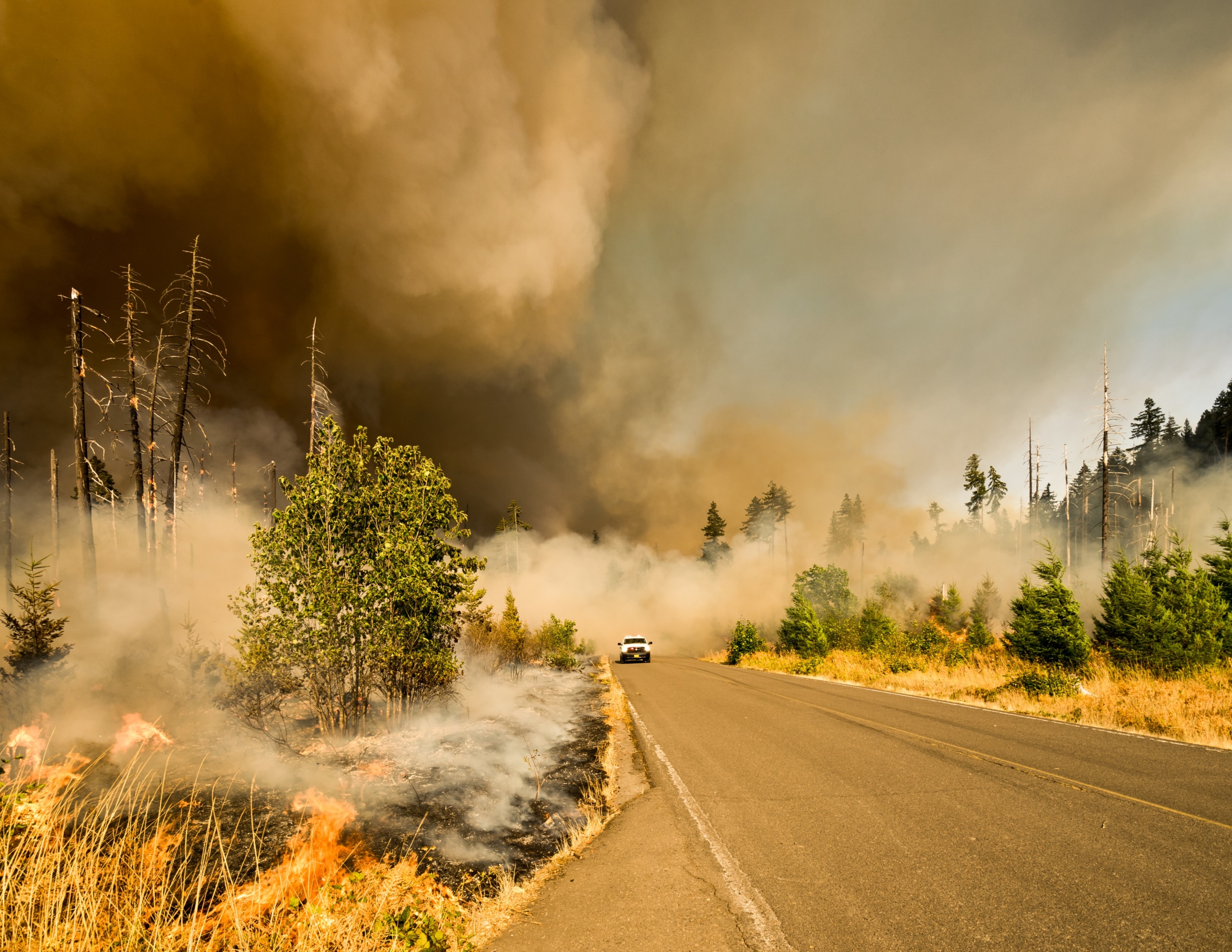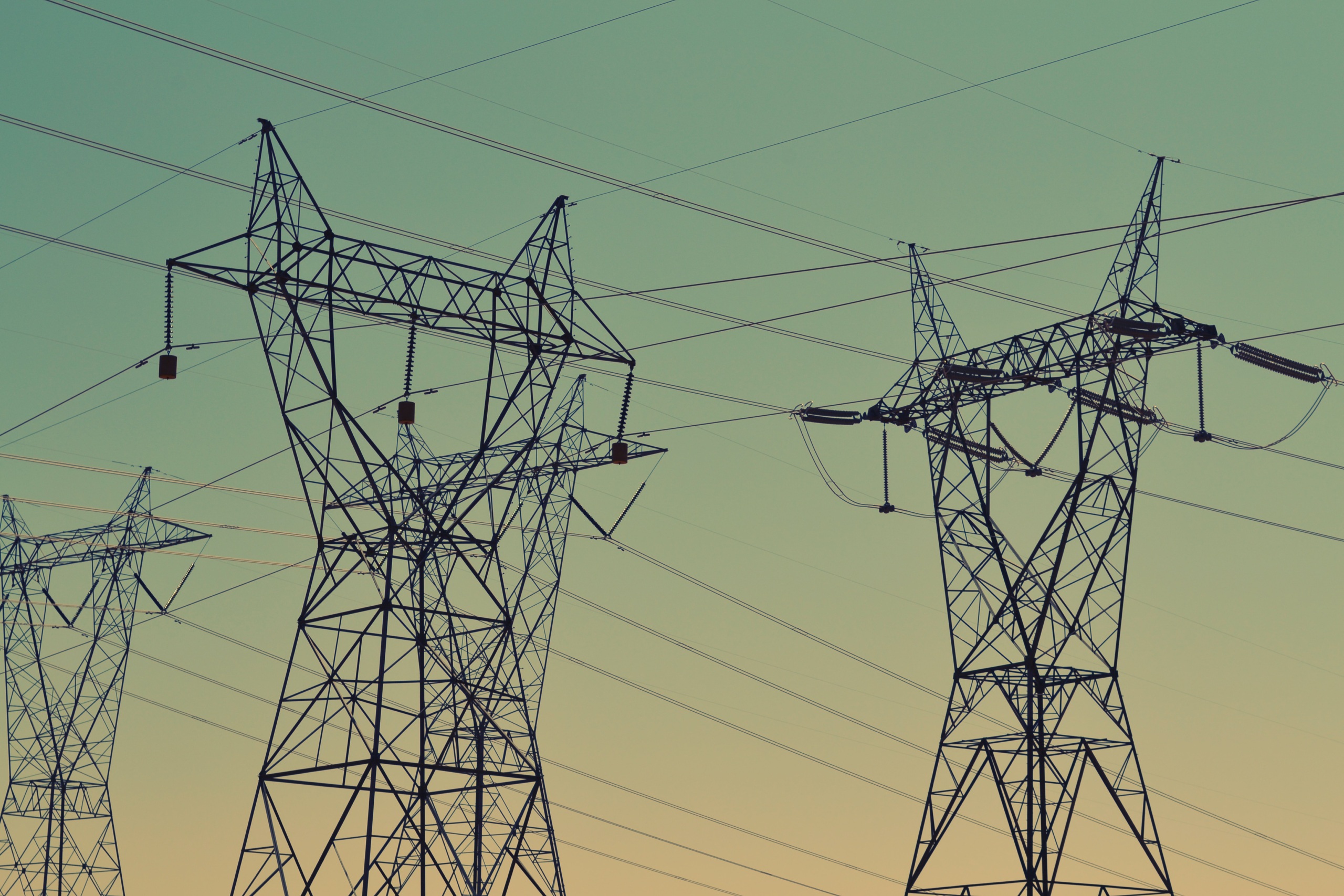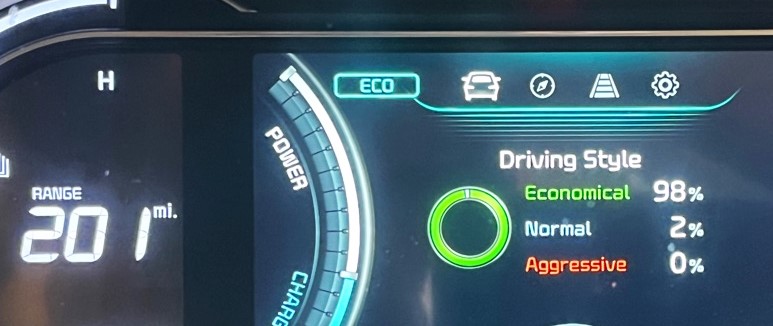
The Way Forward on Global Warming
In Volume 2 of The Way Forward on Global Warming, we provide a deeper examination of 30 policy strategies that can reduce America’s emissions of global warming pollution and put the nation on course to a cleaner energy future.

Downloads
Humanity is running out of time to stop the worst impacts of global warming. Despite clear scientific consensus about the dangers posed by global warming – and the need for immediate and steep emission reductions to prevent its worst impacts – the United States and the world have failed to take the comprehensive actions necessary to address the threat.
There are plenty of opportunities to reduce global warming pollution through the adoption of policies that promote clean energy and reduce consumption of fossil fuels at the local, state and federal levels. These policies not only have the potential to deliver the immediate emission reductions science tells us are critical to forestall the worst impacts of global warming, but they also provide opportunities to change the political playing field in ways that make comprehensive actions possible in the years ahead.
This report maps out a “way forward” on global warming that focuses on the near-term adoption of clean energy policies across the nation and at all levels of government.
Volume 1 of this report lays out the scientific and political rationale for this strategy – describing the dangers global warming poses to the nation and the world, surveying the political obstacles to comprehensive action on global warming, and mapping out the ways that a clean energy-based strategy can help America achieve necessary reductions in global warming pollution, now and in the future.
In this Volume 2, we provide a deeper examination of 30 policy strategies that can reduce America’s emissions of global warming pollution and put the nation on course to a cleaner energy future. We begin by discussing the rationale we used in choosing the policy strategies reviewed in this report, our overall approach to estimating the emission reductions that would result from those policies, and the limitations of our analysis. We then review each of the policy strategies and the contribution they can make to reducing global warming pollution in the next two decades, and conclude by evaluating the role these strategies can play in ensuring that America does its share to prevent the worst impacts of global warming.
America and the world must use every tool at our disposal to prevent the worst impacts of global warming. Clean energy strategies are important tools to achieve immediate emission reductions and to restore momentum in the effort to combat global warming.
Topics
Authors
Tony Dutzik
Associate Director and Senior Policy Analyst, Frontier Group
Tony Dutzik is associate director and senior policy analyst with Frontier Group. His research and ideas on climate, energy and transportation policy have helped shape public policy debates across the U.S., and have earned coverage in media outlets from the New York Times to National Public Radio. A former journalist, Tony lives and works in Boston.
Elizabeth Ridlington
Associate Director and Senior Policy Analyst, Frontier Group
Elizabeth Ridlington is associate director and senior policy analyst with Frontier Group. She focuses primarily on global warming, toxics, health care and clean vehicles, and has written dozens of reports on these and other subjects. Elizabeth graduated with honors from Harvard with a degree in government. She joined Frontier Group in 2002. She lives in Northern California with her son.
Rob Kerth
Policy Analyst
Travis Madsen
Policy Analyst
Find Out More

Five key takeaways from the 5th National Climate Assessment

Carbon dioxide removal: The right thing at the wrong time?

Fact file: Computing is using more energy than ever.


